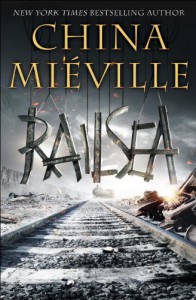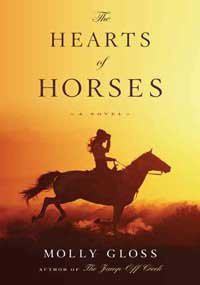
To be perfectly honest, I bought a used copy of this primarily so I could have the list of canonical titles at the back of the book. However you feel about Bloom, and the rest of his writing, the list is a great reference. Fortunately, I also decided to take a look at the book itself.
I'm fairly certain that, if I had any significant training in literary criticism, Bloom would irritate me a lot more than he does. His views, right or wrong, are strongly stated, and he is mostly dismissive of those who disagree with him. I am lucky that I just don't care all that much about quarrels surrounding who influenced whom, or how important it is to balance out the number of dead, white men in the canon. I just wanted to read someone writing passionately about how great truly great books can be, and how rewarding the experience of reading them.
My favorite parts of the book by far are the introduction and the conclusion. The rest of it gets much more into that stuff I just said I don't care so much about, so I eventually grew more anxious to read some of the books under discussion than to continue reading Bloom himself (a development which I'm sure would please Bloom immensely). So no, I haven't finished it, and I'll probably just read the last third piece by piece, as I get around to reading the works themselves.
Yes, Bloom gives the literary world much to disagree with, and he likes a good fight, but far more importantly, he loves books, he loves reading, and he loves readers. Any literary critic who does not love these things, and communicate these loves, is wasting everyone's time. I feel no compelling need to agree or disagree with Bloom; as a lover of literature, I understand him.
 I gave it almost 200 pages, and I still didn't care about the story or anyone in it. Occasionally, two or three pages would peak my interest, only to be followed by ten to twenty pages of exposition and backstory, generally delivered via monologue and/or research report. I hear it has a great finish, but that doesn't make it worth my time to read a bad book.
I gave it almost 200 pages, and I still didn't care about the story or anyone in it. Occasionally, two or three pages would peak my interest, only to be followed by ten to twenty pages of exposition and backstory, generally delivered via monologue and/or research report. I hear it has a great finish, but that doesn't make it worth my time to read a bad book.




















